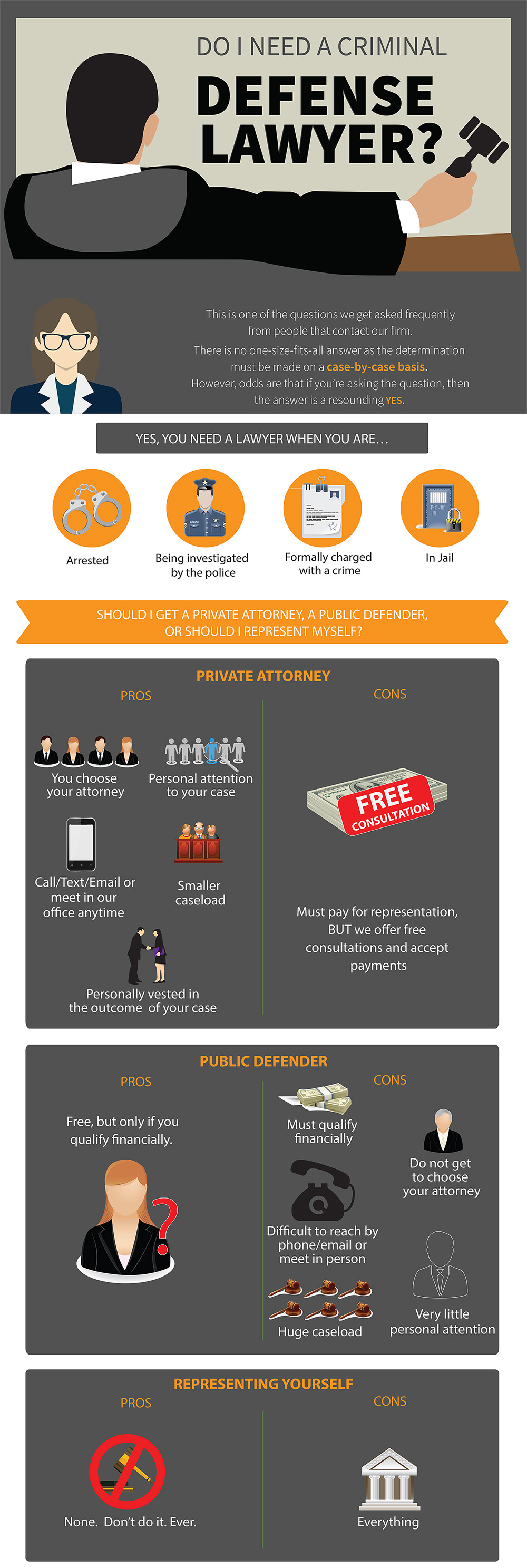The Rate Of Deception: A Financial Evaluation Of Clerical Criminal Offense'S Results
The Rate Of Deception: A Financial Evaluation Of Clerical Criminal Offense'S Results
Blog Article
Web Content Author-Williams Nash
Envision an immaculate garden, very carefully nurtured over years, full of vibrant flowers and lush greenery. Currently, image a flock of dangerous bugs calmly penetrating this haven, gnawing away at the origins and flowers, leaving behind a route of destruction.
This metaphor appropriately catches the expense of white collar criminal offense, a stealthy threat that penetrates our economy with devastating effects. As you enter this conversation, prepare to reveal the concealed economic impact of clerical criminal offense and the far-reaching effects that stick around long after the wrongdoers have actually vanished from the scene.
The Financial Toll of Clerical Crime
White collar criminal activity exacts a heavy financial toll on people, services, and the general economy. It isn't simply a victimless criminal activity or a minor trouble. The repercussions are far-ranging and damaging.
When individuals fall victim to clerical criminal activity, they usually lose their life savings, their homes, and their sense of security.
Organizations, on the other hand, experience substantial economic losses because of scams, embezzlement, and various other types of clerical crime. These crimes cause lowered earnings, damaged track records, and even bankruptcy in many cases.
In addition, the economic climate all at once endures as clerical criminal activity undermines trust in the economic system, reduces consumer confidence, and interferes with financial growth.
The financial toll of white collar criminal activity can't be undervalued, and it's essential that we take strong measures to prevent and fight this kind of criminal task.
The Erosion of Count On Institutions
The disintegration of rely on establishments issues of clerical crime that has far-ranging effects for individuals and society. When white collar crimes are devoted by people ready of power and authority, it undermines the trust fund that people have in those organizations.
https://www.justice.gov/opa/speech/attorney-general-merrick-b-garland-delivers-remarks-first-anniversary-attack-capitol of depend on can have numerous negative results:
- ** Loss of belief in the justice system **: When people see those in effective placements getting away with clerical crimes, it can bring about a loss of faith in the justice system. Individuals may feel that there's a lack of responsibility for those who dedicate such criminal activities, which can deteriorate trust in the lawful system.
- ** Reduced self-confidence in financial institutions **: Clerical criminal activities frequently involve economic scams and control. When people or establishments are condemned of such crimes, it can lead to a decline in confidence in financial institutions. This can have a negative impact on the economy as individuals might be reluctant to spend or rely on these institutions with their cash.
- ** Compromising of social material **: Rely on institutions is a basic pillar of a working society. When that count on is deteriorated, it can lead to a weakening of the social fabric. Individuals might come to be much more cynical and hesitant of establishments, which can cause a failure in social cohesion and cooperation.
Long-Term Economic Consequences
Loss of count on organizations because of white collar criminal activity can have lasting financial repercussions.
When people and organizations despair in the integrity of organizations, they may end up being reluctant to spend or participate in financial activities. This lack of trust fund can lead to a decrease in consumer spending, as people become more careful with their cash.
Additionally, services might be reluctant to develop partnerships or become part of agreements, fearing that they'll be benefited from by underhanded people.
The long-term economic consequences of this loss of trust fund can consist of slower financial growth, lowered task development, and lowered market competition. It's important for institutions to attend to clerical criminal activity and restore rely on order to safeguard the long-lasting economic health of a country or area.
Conclusion
In conclusion, the financial impact of white collar criminal offense is incredible, with consequences that get to far past simply financial losses. It erodes the depend on we position in our institutions, leaving a void that's hard to fill.
Like an unrelenting tornado, white collar criminal offense leaves an enduring mark on our economic situation, leaving us to face its results for years to come.
